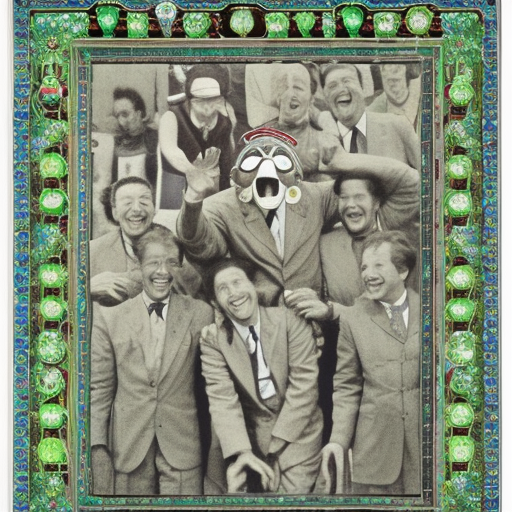Summary: Comedy is a genre of entertainment that aims to amuse and provoke laughter through various forms of humor. It has a long history and has evolved over time, encompassing different styles and techniques. Comedy can be found in various mediums, including literature, theater, film, and television. It serves as a reflection of society, often highlighting social issues and offering a satirical commentary on the human condition.
The Origins of Comedy
Comedy has its roots in ancient Greece, where it was performed as part of religious festivals. The Greek playwright Aristophanes is considered one of the pioneers of comedy, known for his satirical plays that mocked politicians and social norms. In ancient Rome, Plautus and Terence continued the tradition of comedic theater, focusing on everyday life and the foibles of ordinary people.
Types of Comedy
There are various types of comedy, each with its own distinct characteristics. Slapstick comedy relies on physical humor and exaggerated actions to elicit laughter. Stand-up comedy involves a performer delivering humorous monologues or jokes directly to an audience. Satirical comedy uses irony and sarcasm to critique social and political issues. Romantic comedy revolves around the humorous aspects of romantic relationships. Dark comedy explores taboo subjects and often incorporates elements of tragedy.
Comedy in Literature
Comedy has been a prominent genre in literature throughout history. In ancient times, the works of writers such as Aristophanes and Plautus entertained audiences with their witty and satirical plays. In more recent times, authors like Mark Twain, Oscar Wilde, and P.G. Wodehouse have made significant contributions to comedic literature. Their works often feature clever wordplay, humorous situations, and memorable characters.
Comedy in Theater
Theater has long been a platform for comedic performances. Comedic plays, such as Shakespeare’s “A Midsummer Night’s Dream” and Molière’s “Tartuffe,” have entertained audiences for centuries. Improvisational comedy, popularized by groups like The Second City and the Upright Citizens Brigade, relies on spontaneous humor and audience participation. Musical comedies, such as those created by Gilbert and Sullivan, combine humorous storytelling with catchy songs and lively choreography.
Comedy in Film
Comedy has been a staple of the film industry since its inception. Silent film stars like Charlie Chaplin and Buster Keaton used physical comedy to great effect, while the Marx Brothers brought their unique brand of zany humor to the screen. In the golden age of Hollywood, screwball comedies provided audiences with witty banter and fast-paced plots. Modern comedy films range from raunchy comedies to romantic comedies, often featuring well-known comedic actors and actresses.
Comedy on Television
Television has been a popular medium for comedy since the advent of sitcoms. Shows like “I Love Lucy,” “Seinfeld,” and “Friends” have become cultural touchstones, showcasing the comedic talents of their respective casts. Sketch comedy shows, such as “Saturday Night Live” and “Monty Python’s Flying Circus,” have provided audiences with memorable characters and hilarious skits. Stand-up comedians have also found success on television, with specials and talk show appearances showcasing their comedic skills.
The Impact of Comedy
Comedy plays an important role in society, providing a form of escapism and entertainment. It has the power to bring people together, transcending cultural and language barriers. Comedy can also be a tool for social commentary, shedding light on important issues and challenging societal norms. Through laughter, comedy can foster empathy, promote understanding, and encourage critical thinking.
In conclusion, comedy is a versatile and timeless form of entertainment that has evolved throughout history. It can be found in various mediums, including literature, theater, film, and television. Whether it is through physical humor, witty wordplay, or satirical commentary, comedy serves as a reflection of society and offers a much-needed respite from the challenges of everyday life.












